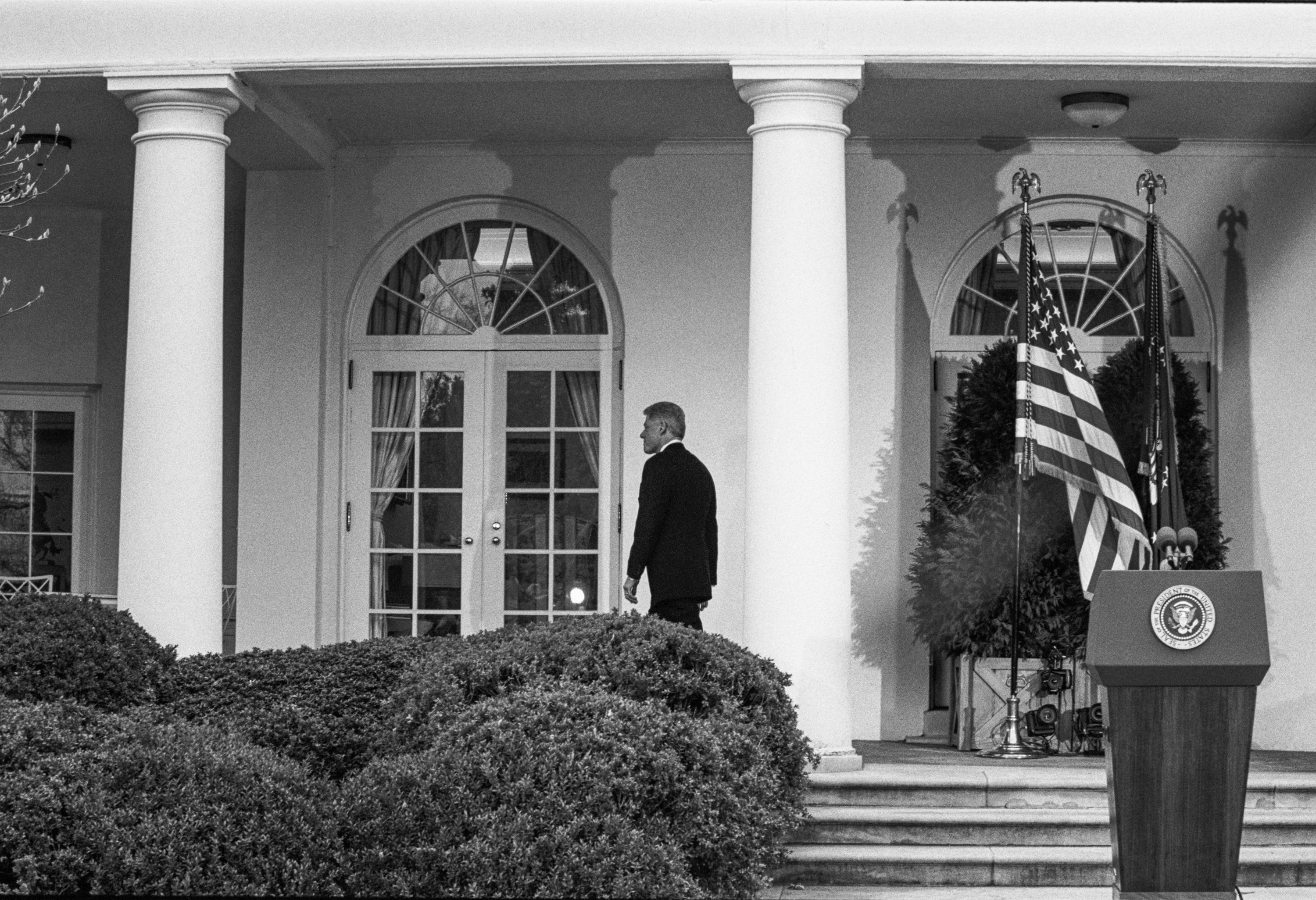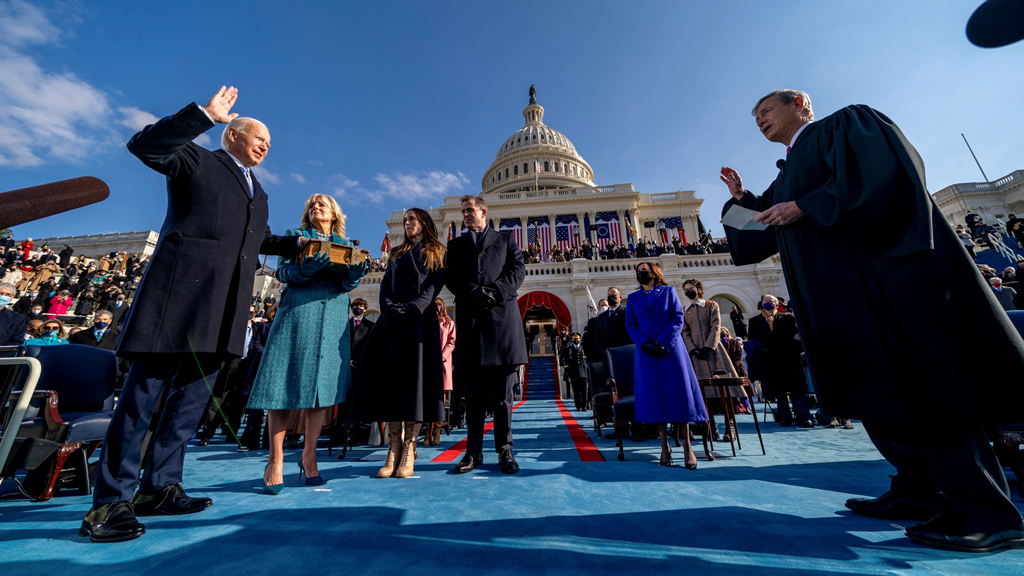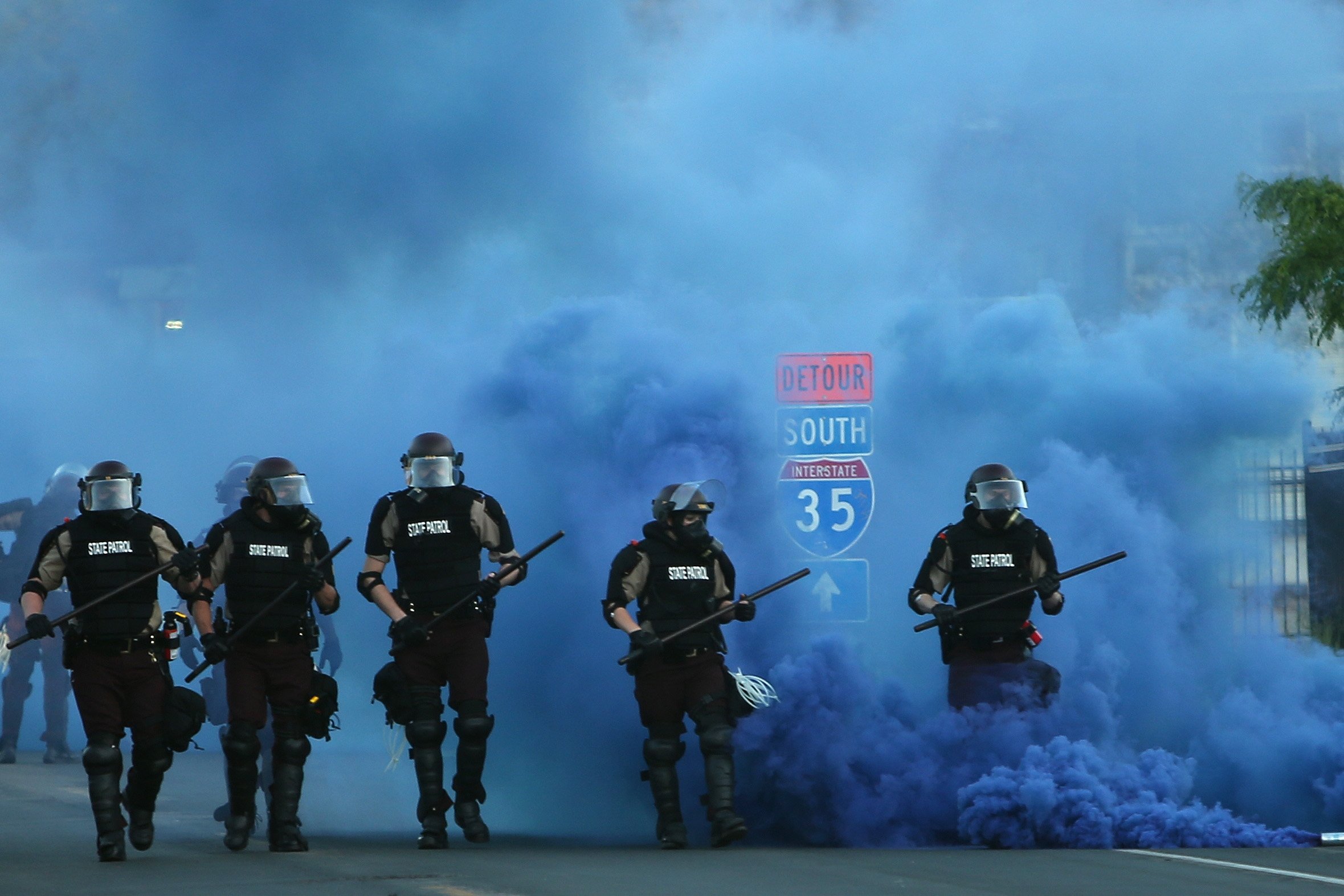
Economic burden
Shortly after the closing of the economies in the Western world, we witnessed a major crisis in the U.S. economy. The number of Americans who applied for unemployment benefits increased dramatically in a short period of time. In less than six months, the unemployment rate rose from 3.5% to double digits. More significantly, there was no end in sight. Economists and scholars started to compare the economic downturn in the U.S. economy to the 1929 Great Depression. Trump's expectation to normalize life by Easter did not materialize. In the meantime, the other candidates dropped out of the Democratic race and supported Biden in his presidential bid. It was the beginning of an extraordinary campaign process. In May, this time following the killing of George Floyd, the U.S. faced the most widespread riots and demonstrations since those that took place following the assassination of Martin Luther King Jr. in 1968. Police advance on demonstrators who are protesting the killing of George Floyd, Minneapolis, Minnesota, the U.S., May 30, 2020. (Photo by Getty Images) The COVID-19 crisis had already exhibited the existing disparities and inequalities in American society. The police violence further aggravated the grievances of large segments of the American population. The demonstrations continued for weeks followed by a second major wave of the pandemic. Elections took place in the midst of all of these crises. The election outcome also demonstrated the major polarizations in American society. The turnout rate and the high number of votes both candidates received demonstrated how America is divided. While some thought that the election could end some of the political polarization and tensions, Trump’s claims of election fraud transformed the political polarization from an election race to an election legitimacy battle. These claims in part led to the Jan. 6 attack on the U.S. Capitol building, which has never been seen in U.S. history. After these attacks, a second impeachment process began for Trump, another first in U.S. history. Even Biden's inauguration took place in an unprecedented way. After the inauguration, many around the world want to see what we will be next. It is only the election that is over at this point. The long national election is over. We still don’t know what is next for the U.S.
[Daily Sabah, January 25, 2021]








